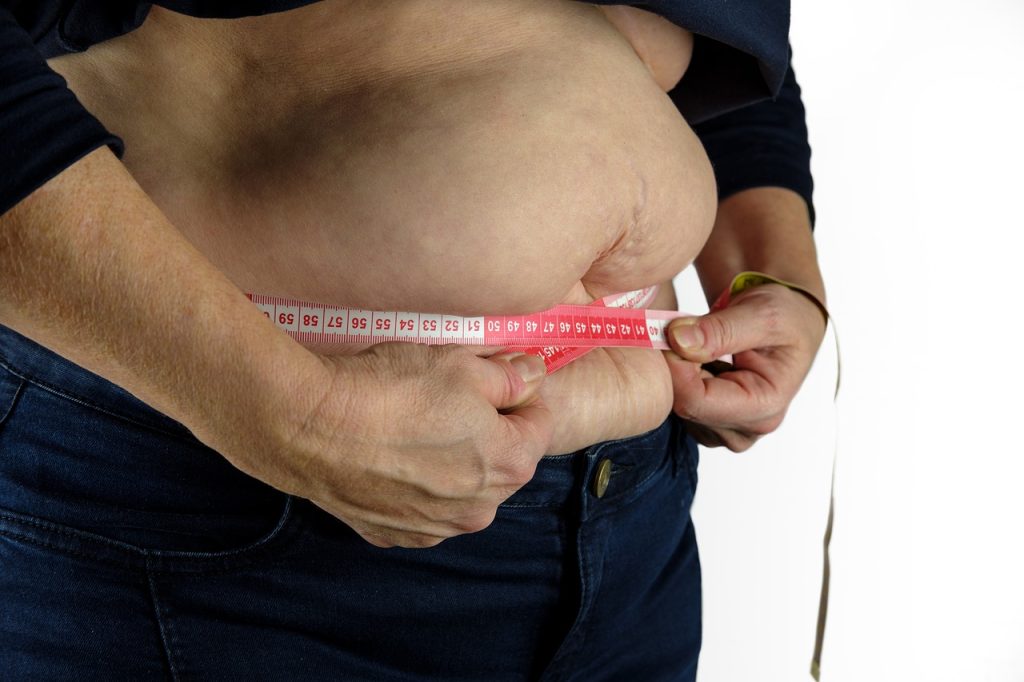Psychologists Reveal Magicians’ Secret Trick: A Low Risk of Depression

Magicians are less likely to suffer from the mental health challenges faced by other creative people, like musicians and comedians, according to a new study published in the journal BJPsych Open. From comedians like Robin Williams, to poets and painters like Sylvia Plath and Van Gogh, many famous names have had well-publicised mental health disorders.
While not fully understood, there is growing evidence of a link between these health challenges and creativity. This new research led by Aberystwyth University shows that on some key measures, magicians are apparently an exception to this trend.
The study measured the psychological traits of 195 magicians and 233 people from the general population and compared with data from other creative groups. The academics’ work shows that on three key measures of psychosis or degrees of losing contact with reality, magicians are significantly less likely to suffer than artists, musicians and comedians. Magicians were less likely than all other creatives to have unusual experiences, such as hallucinations or cognitive disorganisation, which can make it hard to concentrate. Indeed, on many measures magicians appear to be less prone to these conditions than the general population. Their mental health profiles are most similar to those of mathematicians and scientists.
Dr Gil Greengross from the Department of Psychology at Aberystwyth University commented: “There is a common perception that many creative people have mental illnesses, and such illnesses make them more creative. This is the first study to show a creative group with lower scores on psychotic traits than the general population. Our research shows that members of at least one creative group, magicians, do not exhibit higher levels of mental disorders. The results demonstrate that the association between creativity and psychopathology is more complex than previously thought, and different kinds of creative work could be associated with either high or low psychoticism or autistic traits.
“The study highlights the unique characteristics of magicians, and the possible myriad associations between creativity and mental disorders among creative groups. One thing that distinguishes magicians from most other performing artists is the precision required in their performances. So, compared to other performers, it is more difficult to overcome errors. Magic tricks are largely ‘all or nothing’ acts that culminate in an ‘aha’ moment of surprise and awe. Failed magic tricks leave a greater impact than unfunny jokes, and are harder to compensate for, as they are few and far between. So, in addition to requiring highly technical skills, regardless of the type of magic performed, the high stakes of magic performances make magicians a unique creative group to study amongst all artistic professions.”
Dr Greengross from Aberystwyth University added: “What distinguishes magicians from most other creative people is that they not only create their own magic tricks but also perform them, while most creative groups are either creators or performers. For example, poets, writers, composers and choreographers create something that will be consumed or performed by others. In contrast, actors, musicians and dancers perform and interpret the creation of others. Magicians, like comedians and singer-songwriters, are one of the rare groups that do both.
“Magicians scored low on impulsive nonconformity, a trait that is associated with anti-social behaviour and lower self-control. These traits are valuable for many creative groups such as writers, poets and comedians whose creative acts are often edgy and challenge conventional wisdom. Magicians can also be equally innovative and push the limits of what is thought to be possible in magic, such as David Copperfield’s famous flying illusion. However, many magicians perform familiar tricks or some variations of them without feeling the need to innovate.”
Source: Aberystwyth University




